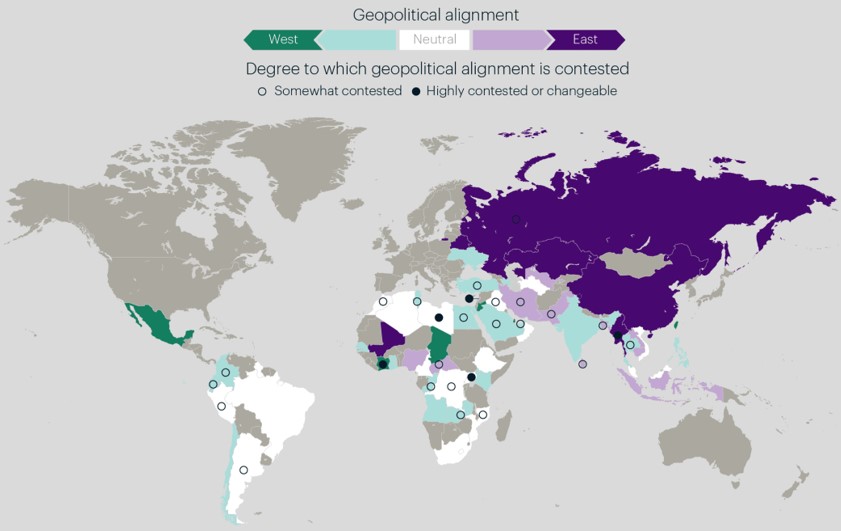An estimated 2 million people in the UK (3% of the population) reported experiencing Long Covid symptoms, as at 2nd January 2023, according to data published today by the ONS.
Of those, 142,000 (7%) first had (or suspected they had) Covid-19 less than 12 weeks previously, 1.8 million people (89%) at least 12 weeks previously, 1.2 million (61%) at least one year previously and 687,000 (35%) at least two years previously.
Official figures also show that, of people with self-reported Long Covid, 612,000 (31%) first had (or suspected they had) the virus before Alpha became the main variant. This figure was 251,000 (13%) in the Alpha period, 337,000 (17%) in the Delta period and 702,000 (36%) in the Omicron period.
Long Covid symptoms are understood to adversely affect the day-to-day activities of 1.5 million people (or 77% of those with self-reported Long Covid), with 380,000 (19%) reporting that their ability to undertake their day-to-day activities had been "limited a lot".
Fatigue continued to be the most common symptom reported as part of individuals' experience, (71% of those with self-reported Long Covid), followed by difficulty concentrating (52%), shortness of breath (48%) and muscle ache (47%).
In response to the data, Oliver Wheatley, life and disability lead at Lockton People Solutions said the apparent prevalence of Long Covid is a stark reminder that the effects of the pandemic are far from over for some.
"This illness can severely impact daily lives, reducing or even preventing people’s ability to work or enjoy full lives," he said. "Much is still unknown about the long-term effects and both implications and longevity can vary significantly. This makes it difficult to apply a standard approach, instead, a case-by-case approach should be adopted by employers.”
As a proportion of the UK population, the ONS data shows that prevalence of self-reported Long Covid was greatest in people aged 35 to 69 years; female; people living in more deprived areas; those working in social care; those aged 16 years and over who were not working and not looking for work; and those with another activity-limiting health condition or disability.
Because Long Covid affects people differently – both physically and emotionally, Wheatley advises so employers to take proportionate steps to ensure that employees are fully supported.
“This could take the form of benefits packages and making small but impactful changes,” he explains. “The focus of initial conversations with those suffering should establish whether they feel they have everything they need as opposed to when they can return to work. A realistic and graduated ‘return to work’ plan should be agreed upon in conjunction with a GIP insurer or occupational health professional. This will reassure workers that there is no pressure to go back to work before they are ready. It is crucial that workplaces offer a comprehensive benefits package and their insurer is notified as early as possible. This is vital in establishing the workplace as a source of support and a point of contact that long Covid sufferers can reach in times of need.”
Printed Copy:
Would you also like to receive CIR Magazine in print?
Data Use:
We will also send you our free daily email newsletters and other relevant communications, which you can opt out of at any time. Thank you.











YOU MIGHT ALSO LIKE